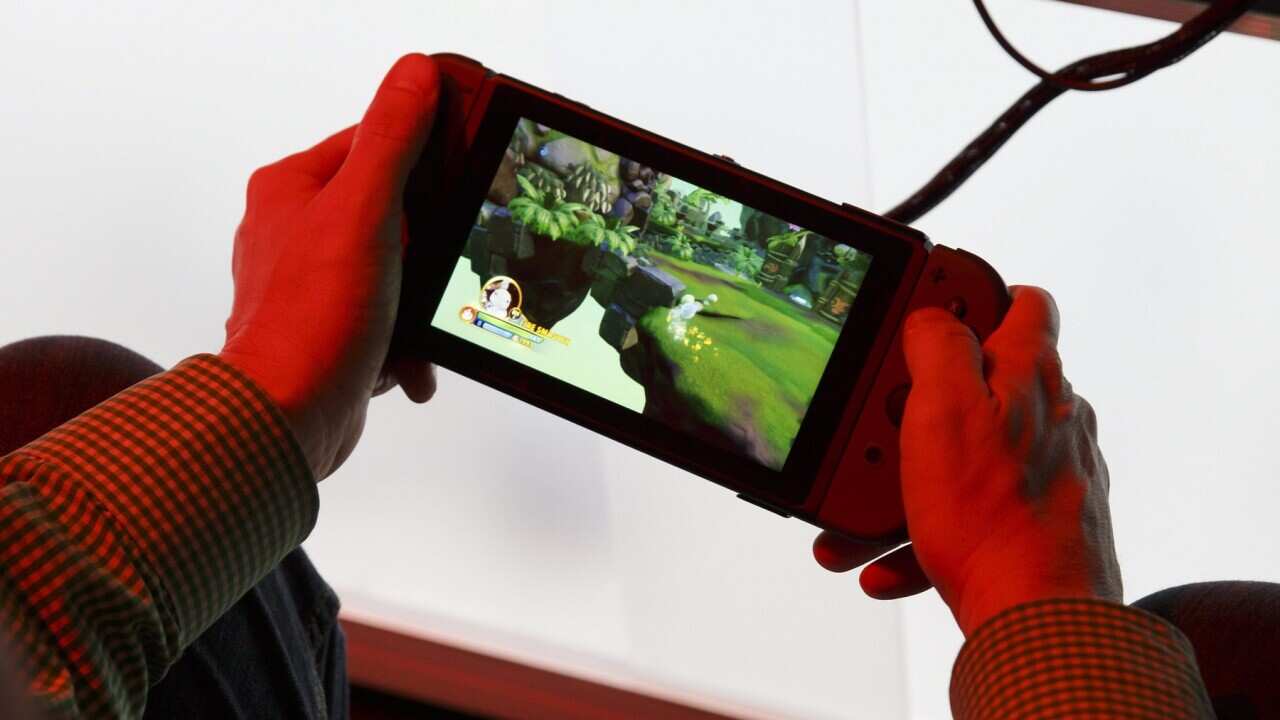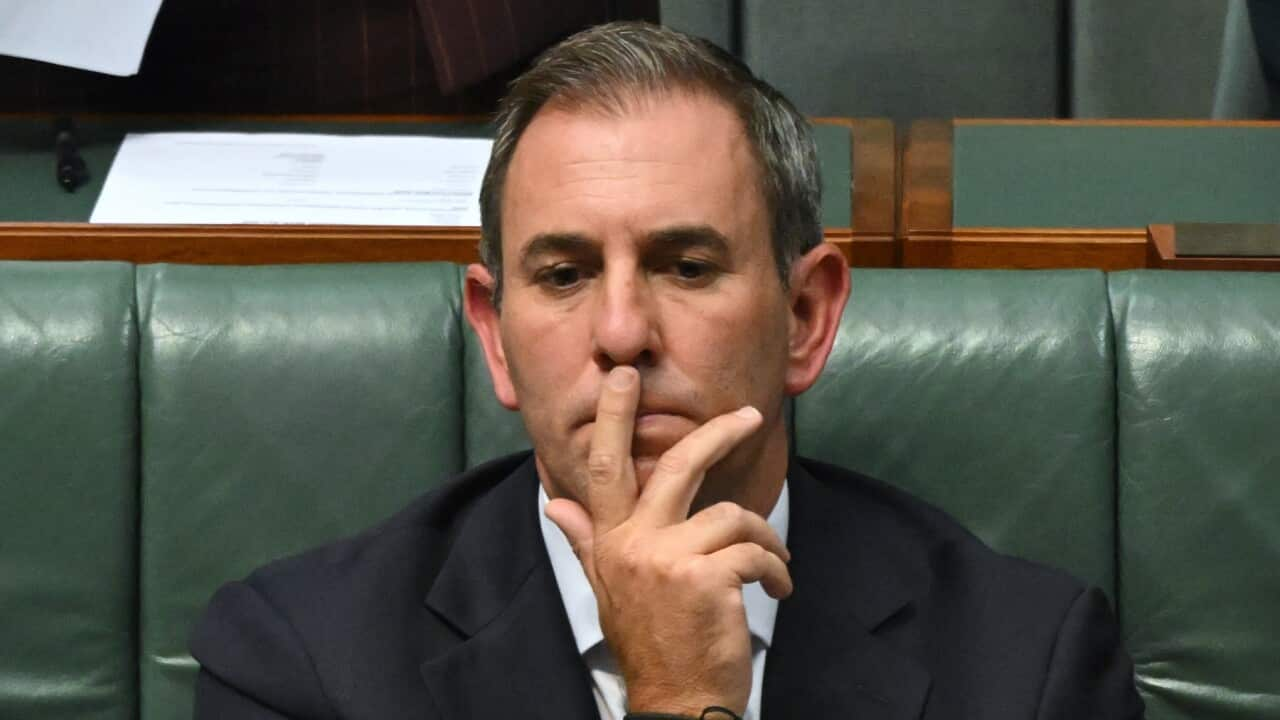Tash Dowling is a mother from Bellingen on the Mid North Coast of New South Wales.
She says her son has a screen addiction that she first noticed when he was 16 years old.
"Sadly I noticed that the more I saw a screen in his hands - whether it was the phone, gaming, even Netflix binging - was the more that I started to notice his behaviour change. I didn't know what was going on. His mood became quite distant, and we started arguing a lot about screen time where we used to not really have arguments about anything. It became the main issue in the house."
National guidelines recommend children younger than two have no screen time, children aged between 2 and 5 have no more than one hour of screen time per day, and young people aged between 5 and 17 have no more than two hours of recreational screen time per day.
But Tash says trying to manage her son's screen time along those lines has been tiring.
"The conflict - or what I call the internet - arguments is probably the most painful and most exhausting part of this problem that families are having, because it's creating a big disconnection between parents and children. And parenting is hard enough as it is. There's normal conflict that you have in your child. But having a daily argument around screen time is exhausting - and it's sad because it's your beautiful child and it's getting in the way of a nice relationship where you get to share values with your child. It becomes so exhausting sometimes that you can give up. Just have the screens , I give up."
Tash's experience isn't uncommon.
A 2021 research report from the Gonski Institute for Education at the University of New South Wales found more than four in five children have at least one screen-based device.
It suggests children as young as four-years-old own a screen-based device in Australia, and only 46 per cent of parents feel their child can spend a day without it.
That's why Deakin University has launched a study investigating whether time in natural environments can help offset behavioural problems associated with screen time.
PhD researcher Marina Torjinski is leading the three-part international study.
"We know that Australian parents are really concerned about their children's screen use and potential behavioural and developmental outcomes associated with screen time. However, one thing that we've seen from recent studies is that when parents try and manage screen time in the home, it can feel like an uphill battle. Parents report increases in parental stress and guilt, and these screen limiting practices in the home are often associated with family conflict. So we were really interested in looking at ways that we could support and empower parents with some solutions to help them navigate some of these issues."
The Gonski Institute report shows 65 per cent of parents agree negotiating technology use causes conflicts in the home.
So how can getting outdoors more as a family help reduce these kinds of conflicts?
Ms Torjinski explains.
"There is a distinct line of research that is showing it's actually outdoor time in environments characterised by features from nature that is associated with reductions in physical and psychological stress, improved emotional regulation for children. And when we reviewed the literature we also found that it's positive family experiences in nature that can potentially shift some of children's free time preferences and encourage them to choose outdoor time over indoor sedentary screen based activities."
Lucy Paton is a mother of two from Heathcote near Sydney.
She implemented screen time limits for her sons when she noticed how their devices could create conflict in the home.
Lucy says she saw a positive change in their behaviour when they spent more time outdoors.
"They're much calmer. They're more satisfied, that kind of physically and mentally more calm. They're less aggressive. I find that if they have too much screen time they've got that sort of more tension building up. If he comes in from school sometimes he says, "I'm tired, I'm too tired to go for a ride" or something like that. So he will relax, watch some TV, watch some YouTube, whatever it is, just relax. And then I find that actually his energy comes back and it comes back in a really sort of hyperactive way. You know, because he's been looking at the screen - whereas on the days when he does just go out and ride that energy is exerted and he comes home just much more calm."
Australia's largest telecommunications providers all have various features which aim to help parents control the amount of screen time their children have.
Vodafone has a family screen time setting, Optus has an 'Optus Pause' feature and Telstra has Mobile Protect which allows parents to set time-of-day limits.
e-Safety Commissioner Julie Inman Grant has said in a statement that it's an issue each parent should decide for themselves.
"When it comes to how long you should let your child to be on screens, there really is no magic number as it can depend on a range of factors including your child’s age and maturity, the kind of content they are consuming, their learning needs, and your family routine. It can be easy to focus only on the clock, but the quality and nature of what they are doing online, and your involvement, are just as important. Like most things, striking a balance is key and you should consider your child’s screen use in the context of their overall health and wellbeing."













